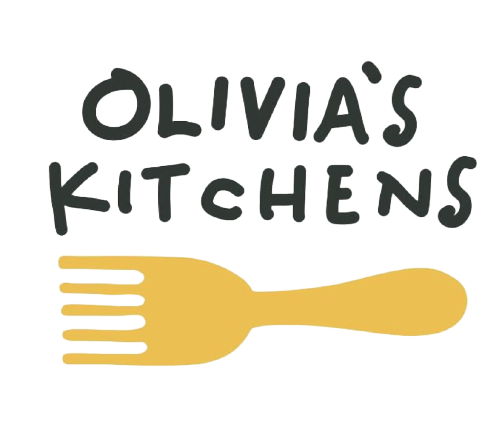What You Should Know About Using Food as Medicine
Food is often only considered when it comes to weight, but did you know the food that you eat can impact your overall health?
Food is a powerful tool that can be used to boost your well-being and mental health. It can also help prevent many chronic health conditions. It can have such a profound impact on your health, that it is often referred to as medicinal.
What does food as medicine mean?
While food cannot completely replace the medical system you come to rely on when you need help. It can certainly cure and prevent many illnesses. This is because food supports your important bodily functions, supports your immune system, and helps you to build a healthy, resilient body. In contrast, a diet that is filled with unhealthy, processed foods will contribute to many conditions. Such as obesity, diabetes, cardiovascular diseases, cancer, and heart disease.
Whether you have a physical condition, or you are struggling with your mental health, food might just be the answer.
The human body is a complex system. For your body to be able to run properly, and effectively, it requires a variety of nutrients. Without them, important systems will start to break down, which can lead to chronic conditions. The best way to nourish your body and keep it working is through whole foods and a healthy diet. With the right knowledge or the help of a personal chef, you can adapt your diet and benefit from the medicinal elements of food.
Here are some of the best ways you can use food as medicine.
#1 Avoid processed food
Food is nutritious and intelligent and does not need to be processed. Modern society has provided you with a plethora of options when it comes to food, but the majority of it is filled with ingredients that can hinder your health, especially when eaten in excess, such as sugar, sodium, and much more.
Food in its natural form is medicinal, as it is filled with vitamins, minerals, fiber, and healthy fats that are essential for your body. When you consume them unmodified, they are better recognized and absorbed by your body. This can support your immune system, your brain development, and fight off any diseases.
#2 Eat seasonally
Not only is seasonal food fresher and tastier, but they also hold a much greater nutritional value. Food that is not seasonal may have been modified and has a longer transportation time. This leaves them at a greater risk of being spoiled and losing their essential nutrients, as well as increases the risk of it being contaminated. This can negatively impact your health. Seasonal food can support your body’s nutritional needs, for example, food grown in the summer is filled with carotenoids and beta carotenes that help protect against sun damage, and provide you with more energy. Food grown in the winter is comforting and higher in vitamins that will help prevent the cold and flu.
#3 Meet your needs
Each food group has its own nutritional value. You can use this to your benefit and meet your specific needs. For example, if you feel a cold coming along, you can incorporate foods such as garlic, lemon, and ginger that have naturally occurring anti-viral properties, elderberries that can support your immune system, and beans that are filled with antioxidants. Your diet can be adapted to suit your needs and your goals, whether you are fighting an infection or what to play a proactive role in your health.
Food is powerful. Make sure you are mindful of what you consume to better support your health and wellbeing.






